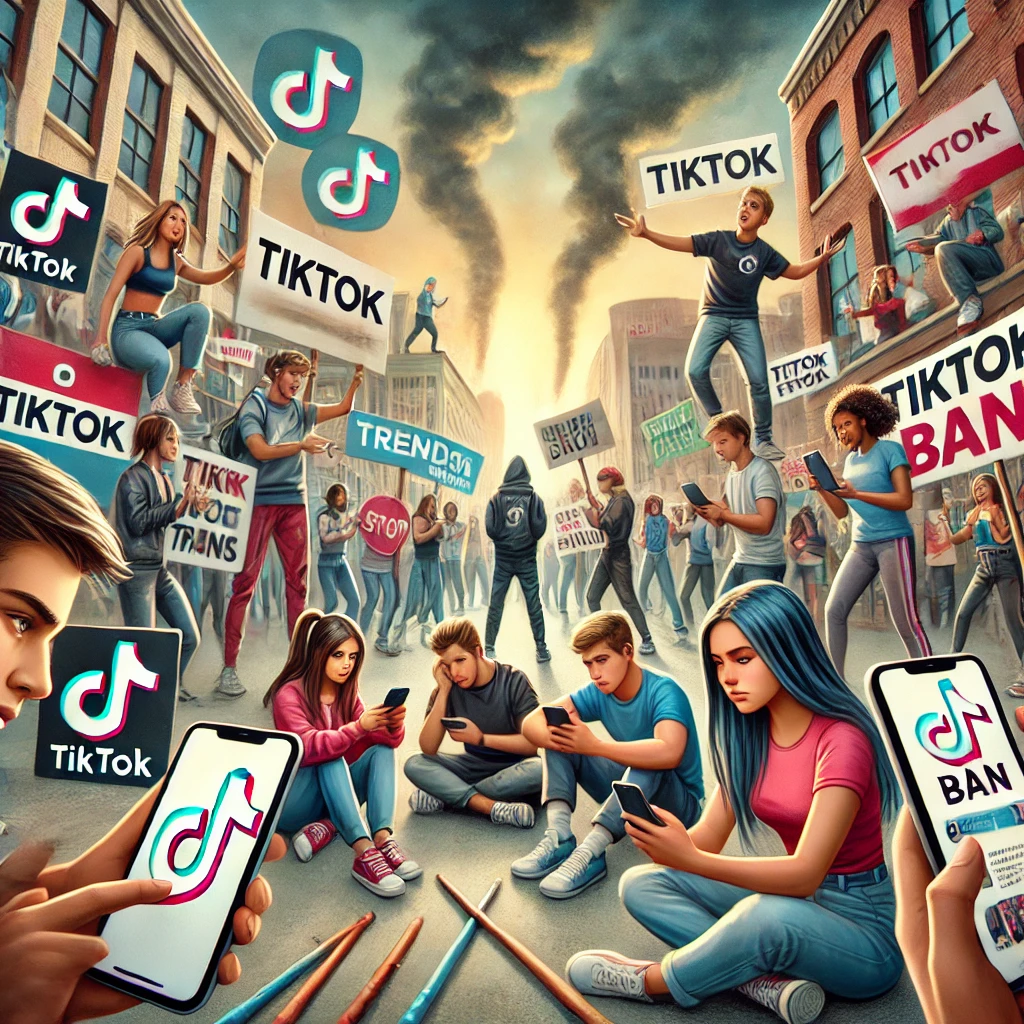Three weeks back, the infamous steamrolling of our current president occurred. Mitt Romney had taken point during the debate and seemed quite ready to tackle whatever Obama had to say. Whether it was him simply thinking about his wife or succumbing to the lack of oxygen in a higher altitude, Obama had been creamed during this moderated confrontation. Most Republicans and Democrats could agree on that. However, polls say that Obama made a comeback in the second debate, most likely in response to his previously poor outing. The last debate ended with polarity, as both groups decided that their candidate won completely (even though this viewpoint is still a reality to the more partisan Americans).
Ultimately though, these debates don’t necessarily give any new information to the public. The post-election plans are supposed to be given throughout their whole election campaigns. By the time the debates sprang up, most people were quite content with thoughts regarding who to support. These debates are only going to sway the random moderate and/or people who aren’t actually that interested in voting at all.
Does that mean the debates are inherently wastes of money than, if they’re only done to attract a few lucky votes? OF COURSE NOT! The value of these debates, while mainly stemming from those “wasteful” reasons, lies in their proximity to the big election. I mean, it’s not even a week from today and the public has gotten a good glimpse at who’ll sign the bills for the next four years. Since it’s well in their mind, it’ll be much easier for them to decide quick and easy once the time comes around.
Than again, who’ll benefit the most from these debates? For starters, we need to not count the party pundits that vote for their side no matter what, as even though they’re the loudest, they aren’t always the largest. If a your average apolitical American were to view the first debate, they’d be more than likely to agree with the common sentiment of how Romney was a top tier model for commander in chief. However, that won’t sway themselves entirely. If they had a more contrarian mindset, for instance, they’d partially root for Obama in the next debate, hoping that he’d come out on top to balance the scale. Since he didn’t respond in a total shut-out, these particular moderates would be proven wrong, forced to re-evaluate their thoughts onnonconformity.
All in all, I believe that these debates had a small part in the upcoming election. They summed up the political planning and public speaking capabilities of our favored candidates. While they won’t necessarily change any well-established voter, it will certainly affect those who aren’t as active in following politics. If these debates weren’t the pop culture concern that they were though, they might as well have never occured






